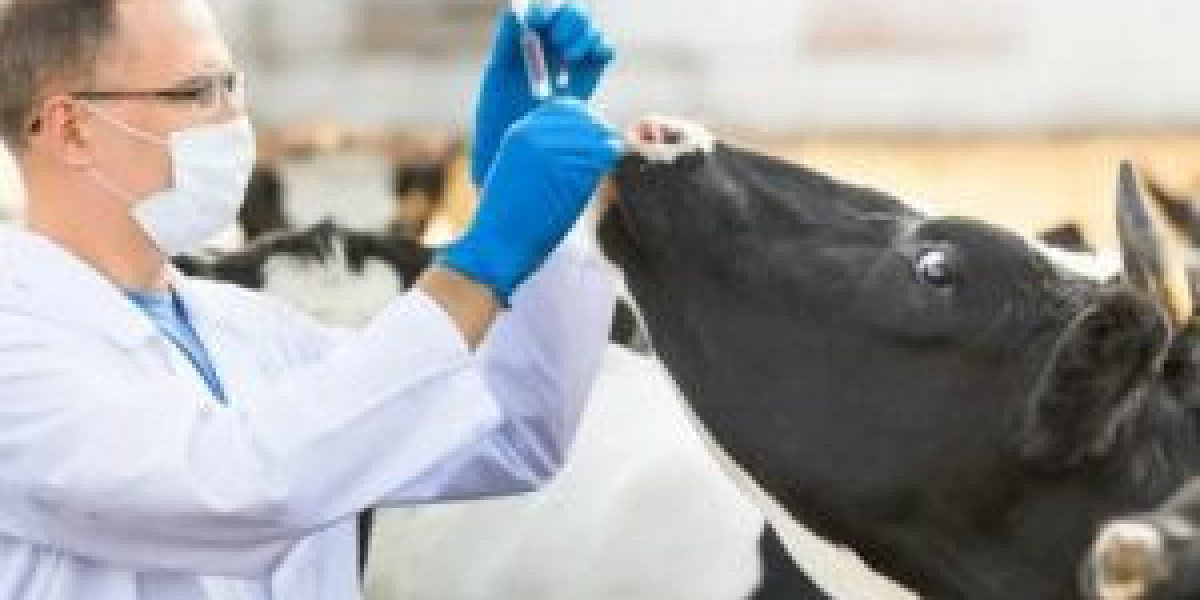Animal biotechnology refers to the application of scientific techniques to modify and improve animals for agricultural purposes. Some of the key techniques involve genetic engineering, cloning, embryo transfer and in vitro fertilization. The goal is to enhance animal growth rates, disease resistance, feed efficiency and product quality like meat, milk and eggs. This fast-growing field is reshaping livestock production globally.
Genetic Modification of Farm Animals
One of the most advanced techniques being used is genetic engineering which involves modifying an animal's genome directly. Scientists identify desirable genes from other species and insert them into farm animals to obtain specific traits. For example, pigs have been genetically modified to grow leaner meat. Goats were engineered to produce spider silk protein in their milk. While such modifications promise benefits, they also raise ethical and safety concerns that need careful evaluation.
Animal Cloning for Commercial Purposes
Cloning farm animals allows the mass production of livestock with desirable genetic traits. Successful clones are produced through somatic cell nuclear transfer where the nucleus of an adult donor cell is inserted into an egg cell whose nucleus has been removed. Dolly the sheep was the most famous cloned animal. While cloning can replicate superior genetics, the procedure still has low success rates and some health issues have been reported in cloned animals. It remains a developing technology with both promise and risks.
Embryo Transfer and In Vitro Fertilization
These assisted reproduction techniques are commonly used in cattle breeding programs worldwide. Embryos fertilized in vivo through artificial insemination can be surgically flushed from a donor cow and transferred to recipient animals. In vitro fertilization involves combining sperm and eggs in a lab dish to produce embryos that are then implanted. This enables faster multiplication of genetically superior stock and shortens generation intervals. IVF is now starting to be applied to larger species like pigs and goats as well.
Boosting Animal Growth and Productivity
Many biotechnologies aim to enhance the growth and output traits farmers desire. Growth hormones, genetically modulated feed sources and selective breeding based on performance data have dramatically increased meat, milk and egg yields over the decades. Newer techniques like genome editing also aim to achieve such improvements more precisely. While boosting efficiency addresses the need to feed a growing world population, unintended effects on animal welfare need prudent oversight.
Disease Resistance in Livestock
Biotechnologies offer hope for better disease management in farming. Genetic modifications have been developed to enhance animals' innate defenses against prevalent illnesses. Vaccines have been engineered to provide protection or easier delivery methods. Diagnostic tools based on genetics, proteomics and metabolomics advance early detection of pathogens. All of these improve animal health and productivity while reducing dependency on antibiotics and veterinary drugs. However, unexpected outcomes like new strains of drug-resistant superbugs remain risks to monitor.
Global Regulation of Animal Biotech Products
For any new animal biotech application to reach commercial use, proper safety assessment and regulation is imperative. While evaluation criteria and oversight may differ between countries, core principles of biosafety, efficacy and ethics need global harmonization. Regulations must balance innovation with precaution to avoid unintended socio-economic or ecological consequences. Public perception and acceptance are also important for long term sustainability of any biotech application in agriculture. Overall, a well-regulated framework is necessary to ensure animal biotechnology meets its potential to benefit both farming and society.
Animal biotechnology offers tremendous opportunities to enhance livestock production efficiency, animal health and product qualities. Its integration with conventional breeding techniques can accelerate genetic gains. However, responsible innovation demands addressing ethical considerations, long term impacts and safety risks through prudent regulation based on science. With care and oversight, this fast evolving field holds promise to help answer the challenges of sustainably feeding a growing global population.
Get More Insights On Animal Biotechnology



